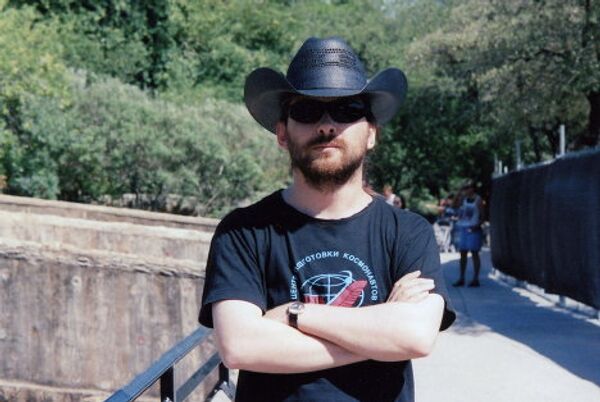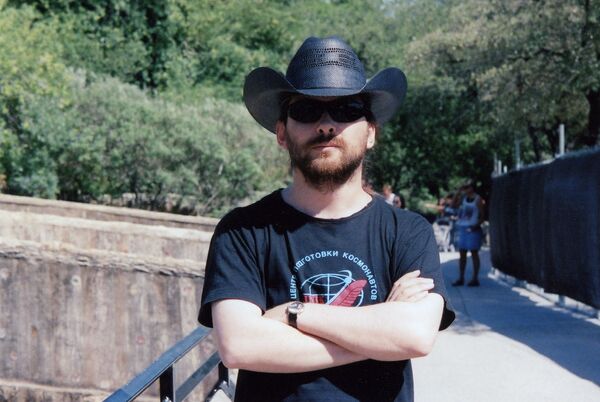It’s late September, so that means the United Nations has convened its annual General Assembly in New York. Right now world statesmen are gathering together to… well, I’m not sure what exactly. Make speeches? Eat expensive food? Go whoring? They certainly won’t be solving any problems, because as everybody knows the UN isn’t for that. It’s for, well … talking and paying transnational bureaucrats extravagant salaries, and occasionally endorsing wars.

Is that overly cynical? Maybe. I don’t know. Probably not. It’s hard to care as the UN is, officially, totally rubbish. I believe General Secretary Ban Ki-moon said it himself the last time a bunch of blue helmets returned from a rape expedition in Africa.
“This truly is a rubbish organization” he said.
Although he didn’t actually say that, of course.
At the opening of the General Assembly in Manhattan on Tuesday he made the following declaration in his opening address:
“This is an era of wondrous opportunity. Ours is the first generation that can wipe poverty from the face of the Earth.”
Given that Mr. Ban is 69 and is statistically likely to pop his clogs within the next 8 years (the average male life expectancy in South Korea is 77.4) this can only mean that he has secret knowledge about a cure for the endemic inequality that has beset our species since time immemorial. If he really does know how to end poverty I’d like him to call me, and urgently, because I want to buy a new truck but can’t afford one.
Alas I fear he was talking rubbish.
The rest of Mr. Ban’s speech meanwhile consisted of worthy platitudes about empowering women, the environment, the horrors of war, etc, all of which are things he and the UN are powerless to do anything about. Why he insists on talking about them, year after year, I am not sure.
Oh wait: It’s his job.
A few years ago, the UN was at least a source of mildly amusing headlines. I remember well that in 2009 erstwhile Iranian president Mahmoud Ahmadinejad showed up and started waffling on about the Islamic messiah, the Mahdi. Last year he also rambled on about the End Times, inviting mankind to prepare the way for the “Hidden Imam.”
This year his replacement Hassan Rouhani is in town and lots of journalists and politicians are pretending that this signifies an important change. There’s lots of pointless blather about whether Obama will meet with him, which we should all get really excited about because of course Obama’s “strategies” for the Middle East have all been staggeringly successful so far, haven’t they?
Then there was the year Gadhafi talked for 90 minutes in an astonishing stream of consciousness. That was amusing too, so long as you weren’t one of his subjects. But of course Gadhafi’s gone now, lynched by angry Libyans, with a little help from US bombers of course.
That mention of Gadhafi brings to mind one of the other things the UN does, which is to vote to decide which of America’s wars are officially awesome and which are un-awesome. Actually, only the handful of countries on the Security Council gets to decide on the awesomeness of each war, but you get my gist.
Sometimes the logic governing which wars are defined as awesome (or otherwise) is difficult to understand. Currently any intervention in Syria would be considered un-awesome because China and Russia, who have seats on the Security Council, oppose it. This upsets the French president, who really wants to go to war in Syria. Or at least, he really wants America to go to war in Syria while he offers moral support plus the occasional rocket from the sidelines… until it all goes horribly wrong of course.
On the other hand, everybody agreed that the war on Gadhafi was awesome, even though in the US it wasn’t technically defined as a war but rather as “kinetic military action,” and that un-war resulted in the deaths of many thousands of people in Libya (including the US ambassador), the destabilization of Mali, and ongoing chaos in the country.
So as you can see: The logic governing UN decisions as to what makes a war awesome or not is very mysterious. Or maybe there’s simply no logic to it whatsoever.
Well, at least the General Assembly is not about making war. Rather, a bunch of people will talk. Apparently the UN has 193 members and each one of them gets a chance to ramble on the main stage about… you know… Israel, American imperialism… whatever.
North Korea, Norway, Canada, Saudi Arabia: free or un-free, groovy Social Democratic paradise or woman-oppressing theocratic nightmare zone, all are equal in the eyes of the UN and each statesmen will get at least 15 minutes to sound off. And sound off they will, until next Tuesday, when the last of the speakers will finish waffling and everybody will go home again.
Well, let’s look on the bright side. At least it’s a year until the next one.
The views expressed in this article are the author’s and may not necessarily represent those of RIA Novosti.
What does the world look like to a man stranded deep in the heart of Texas? Each week, Austin- based author Daniel Kalder writes about America, Russia and beyond from his position as an outsider inside the woefully - and willfully - misunderstood state he calls “the third cultural and economic center of the USA.”
Daniel Kalder is a Scotsman who lived in Russia for a decade before moving to Texas in 2006. He is the author of two books, Lost Cosmonaut (2006) and Strange Telescopes (2008), and writes for numerous publications including The Guardian, The Observer, The Times of London and The Spectator.
Transmissions from a Lone Star: Will Somebody Please Pay Me to Lie in Bed All Day?
Transmissions from a Lone Star: In Britain, Big Brother Is Watching Your Dog Poop
Transmissions from a Lone Star: Vasily Grossman: From Stalingrad to Toilet Trouble
Transmissions from a Lone Star: Why do Russians Hate Texas so Much?
Transmissions from a Lone Star: When Kings Go Incognito
Transmissions from a Lone Star: Is Dostoyevsky Dangerous?
Transmissions from a Lone Star: The Reading Habits of Guantanamo Bay Inmates
Transmissions from a Lone Star: The Slow Creative Death of Vladimir Mayakovsky
Transmissions from a Lone Star: Why J-Lo Is More Ethical Than Our Greatest Statesmen

